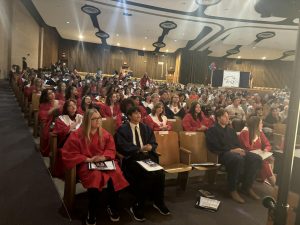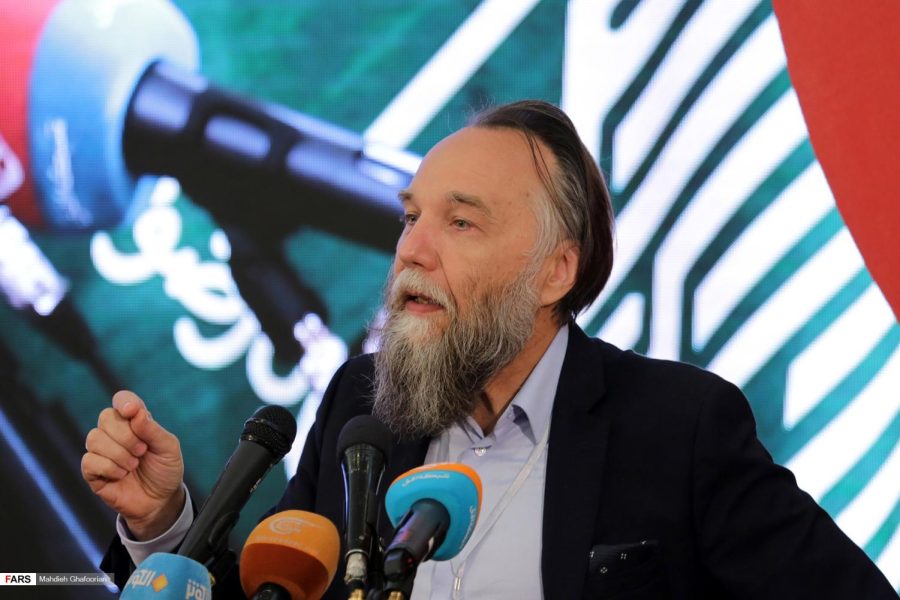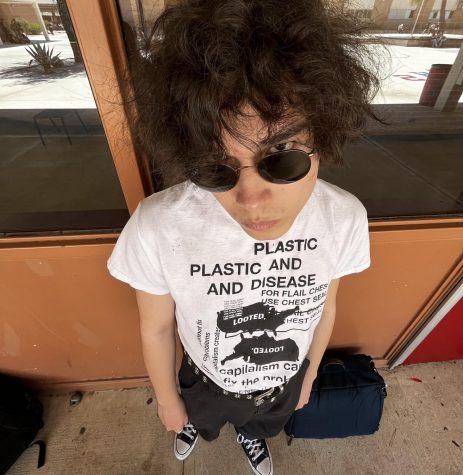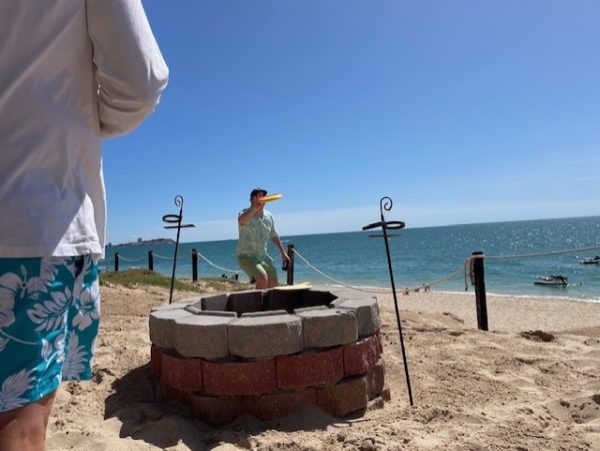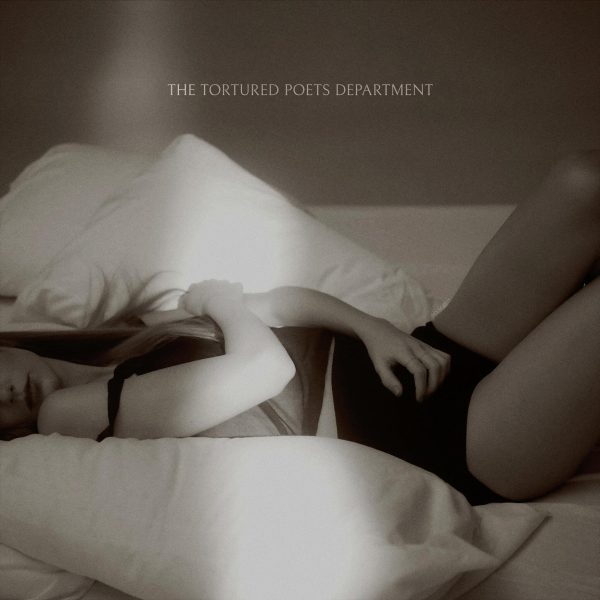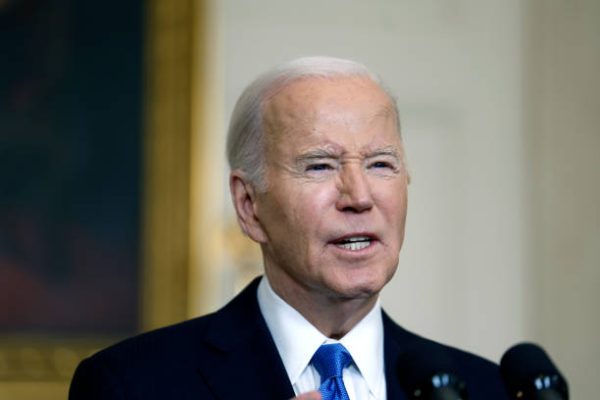Russia’s Soothsayer
February 15, 2022
The Russia-Ukraine conflict is not simply a matter of chauvinism or territorial dispute. Ukraine is just one step in a geopolitical strategy against the West and NATO’s “Atlanticism,” a term we’ll come back to later. To understand Russia’s aggressive foreign policy one must understand the man more-or-less behind it: Aleksandr Dugin. Russia’s éminence grilse, Dugin has remained largely detached from traditional parliamentary politics, save for his advisory roles to politicians on both sides of the political spectrum. Dugin has also associated himself with political dissidents in modern Russia, most notably the National Bolshevik party, of which he held a prominent role before departing after conflict with the party’s left-wing. He claims that his book Foundations of Geopolitics—which advocates Ukraine’s annexation into Russia—has been used as a textbook throughout Russian educational institutions.
What defines Dugin’s geopolitical thought is its hostility to liberalism, the West, and the hegemony of NATO and Atlanticism—the idea of cooperation between the North American anglosphere with Europe. Since Carthage and Rome, there has been an eternal conflict between civilizations of the land and civilizations of the sea. NATO and the nations within are civilizations of or sympathetic to the sea, represented Foremost by the United States, and Russia and her allies are those based on land. Dugin opposes globalism, which he perceives as racist and antagonistic to local cultural traditions through its universal conception of morality, stating that “Globalization is thus nothing more than a globally deployed model of Western European, or, rather, Anglo-Saxon ethnocentrism, which is the purest manifestation of racist ideology.” Dugin also promotes “Neo-Eurasianism,” a revival of a theory originally developed in the 1920s that posits that Russia is neither a European nor Asian civilization, but uniquely placed between these two great world civilizations and peoples.
Often criticized as a neo-fascist, racist, and homophobic by opponents on both the left and right and depicted as so by most Western media outlets, Dugin rejects these labels. Once quoted as saying, “I am against fascism, against racism, [and] against nationalism,” Dugin has attempted to reconcile views on both the left and right, labeling himself a traditionalist, whilst also advocating for the abolition of gender (amongst other positions) in the form of an “androgynous gender of the future,” expressed in his book The Fourth Political Theory, which posits that capitalism, fascism, and communism are all outmoded and a new political theory is necessary. In interviews, Dugin has stated that he “[does] not believe in biology,” and that “gender is a social construct,” with former associates and current allies stating that the LGBTQ community is a vital part of dismantling America and also the healthiest part of her population. The claim has been made, in good faith, that Dugin’s current Eurasia Party that ” there are plenty of homosexuals in the ranks of the Eurasian movement.”
Whilst having stated that extreme forms of nationalism have played into the hands of Atlanticism in the past, it’s hard to reconcile Dugin’s geopolitical plans for Europe, which sees Europe roughly shackled to Russian, or rather Eurasian, hegemony, with an outcome no brighter for most of Asia. Whether this is a pragmatic course of action against this perceived threat of NATO and America, globalism and racism, which exerts control over roughly the same amount of territory (albeit in a less overt fashion) or a complex operation of disinformation to attract the disillusioned from all sides of the political spectrum towards supporting Russian suprematism is anyone’s guess.

